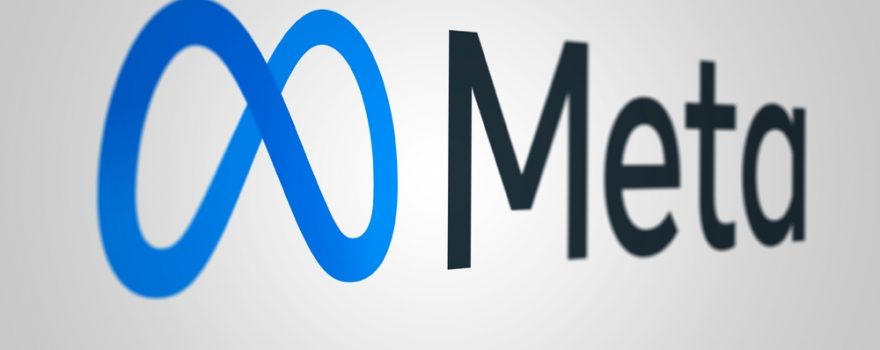
In a bid to further elevate its AI capabilities, Meta, the parent company of social media giant Facebook, is reportedly gearing up to develop a cutting-edge AI model that can rival OpenAI’s GPT-4. According to a recent report by The Wall Street Journal, Meta is making significant investments in AI infrastructure, including the acquisition of AI training chips and the expansion of data centers, to pave the way for a potent new chatbot.
The company’s vision is clear: to create an AI chatbot that matches the sophistication and capabilities of OpenAI’s latest creation, GPT-4. To achieve this ambitious goal, Meta plans to commence training its new large language model in early 2024. Significantly, Meta’s CEO, Mark Zuckerberg, is reportedly committed to making this AI tool freely available for companies looking to build their own AI solutions and tools.
Meta’s strategic move includes acquiring more Nvidia H100 chips, specialized for AI training, and strengthening its AI infrastructure. This strategic expansion aims to reduce reliance on external cloud platforms like Microsoft’s Azure, thereby granting Meta greater control over its AI development efforts.
The endeavor aligns with Meta’s ongoing exploration of generative AI features, with hints at the development of AI “personas” capable of mimicking human expressions. Earlier this year, there were reports of Meta testing a chatbot for Instagram with a diverse range of 30 personas. These developments suggest Meta’s commitment to enhancing user experiences and engagement through more human-like AI interactions.
However, the road to AI supremacy is not without its challenges. Meta has reportedly faced internal turnover among its AI research teams in 2023 due to resource allocation issues across various language model (LLM) projects. Despite this, Meta remains committed to pushing the boundaries of AI capabilities.
Notably, the company faces stiff competition in the generative AI arena. OpenAI, in April, announced its decision not to train GPT-5, emphasizing a focus on refining existing models. Apple, on the other hand, is aggressively investing in its AI model named “Ajax,” claiming superiority even to GPT-4. Tech giants like Google and Microsoft are actively incorporating AI into their productivity tools, with Google eyeing generative AI for Google Assistant. Amazon, too, is pursuing generative AI initiatives that could result in a chatbot-based Alexa.
In a rapidly evolving AI landscape, Meta’s commitment to developing an AI model that rivals GPT-4 underscores the intense competition and innovation happening in the field. As the race for AI supremacy continues, the world eagerly anticipates the next breakthrough in AI technology and its potential to transform how humans and machines interact.




